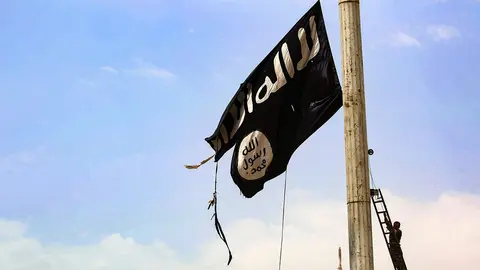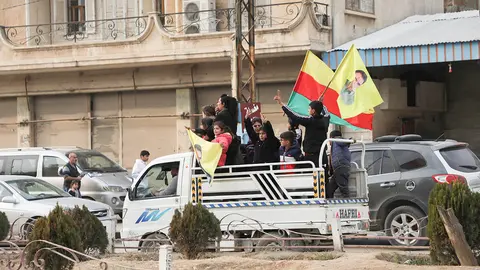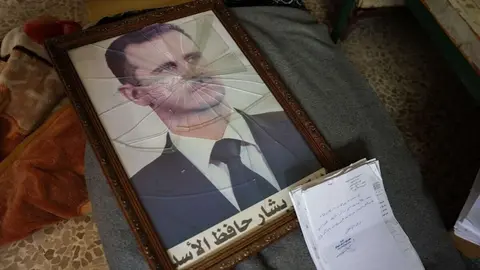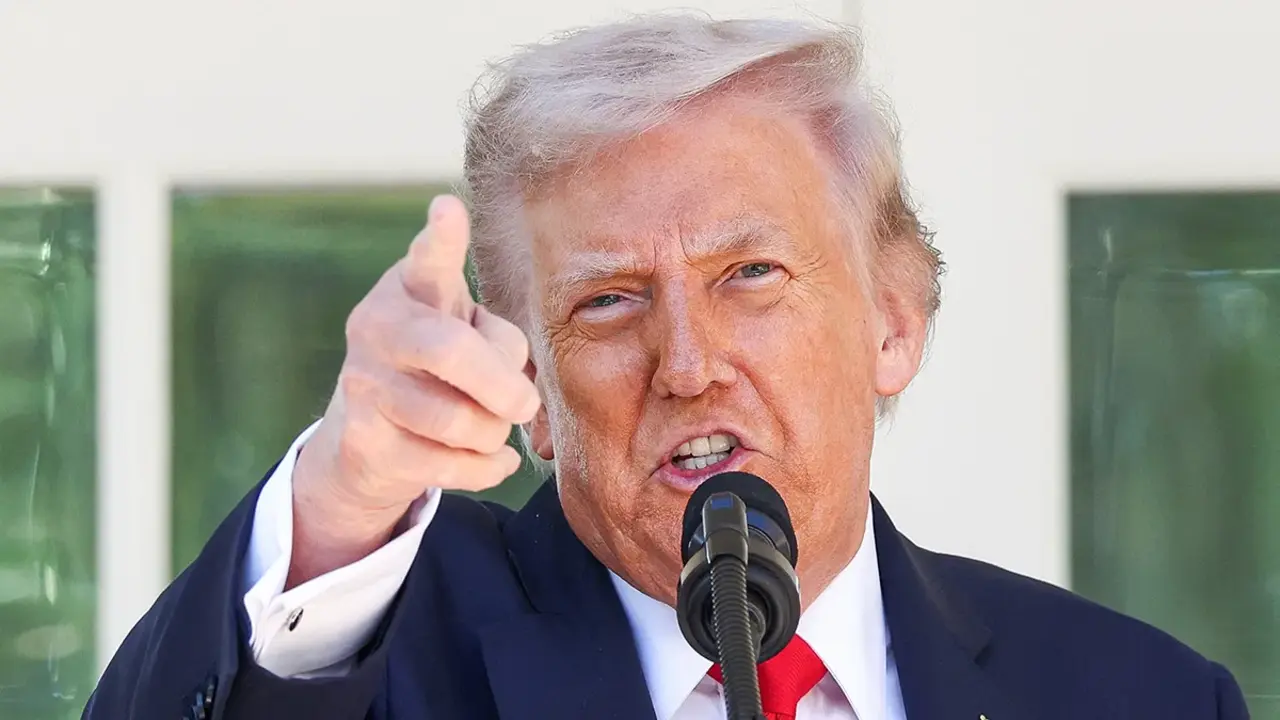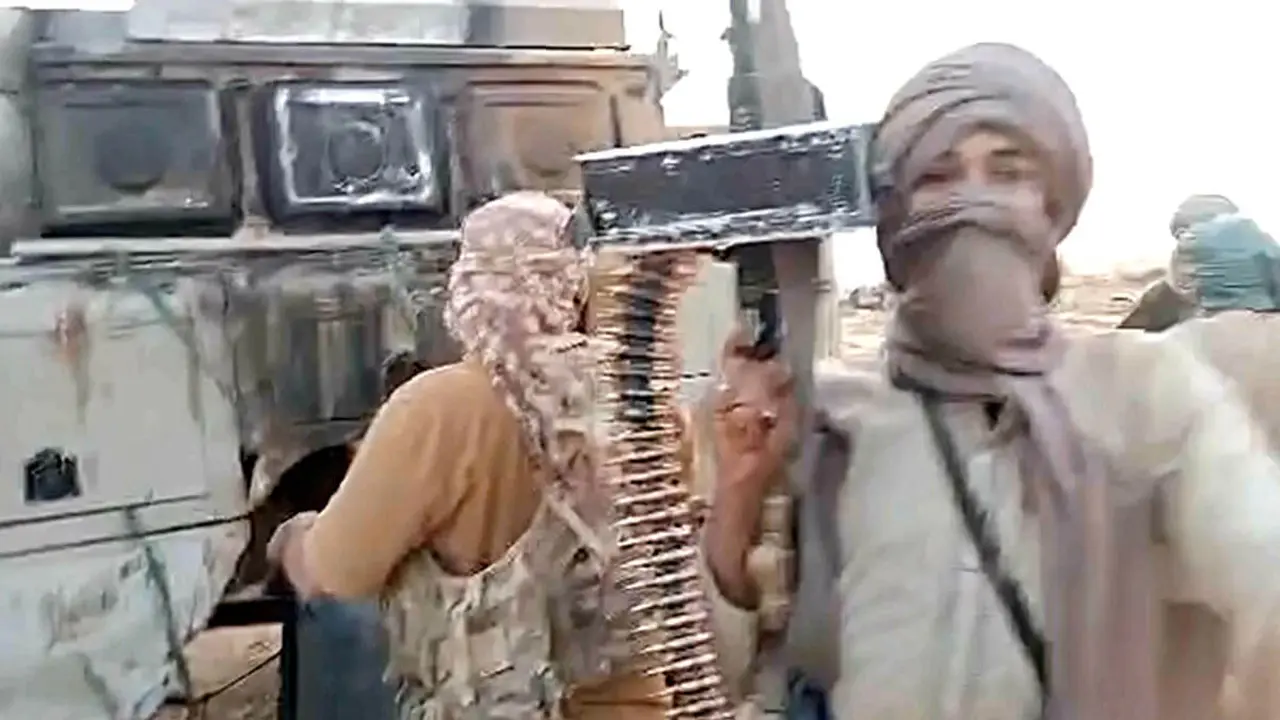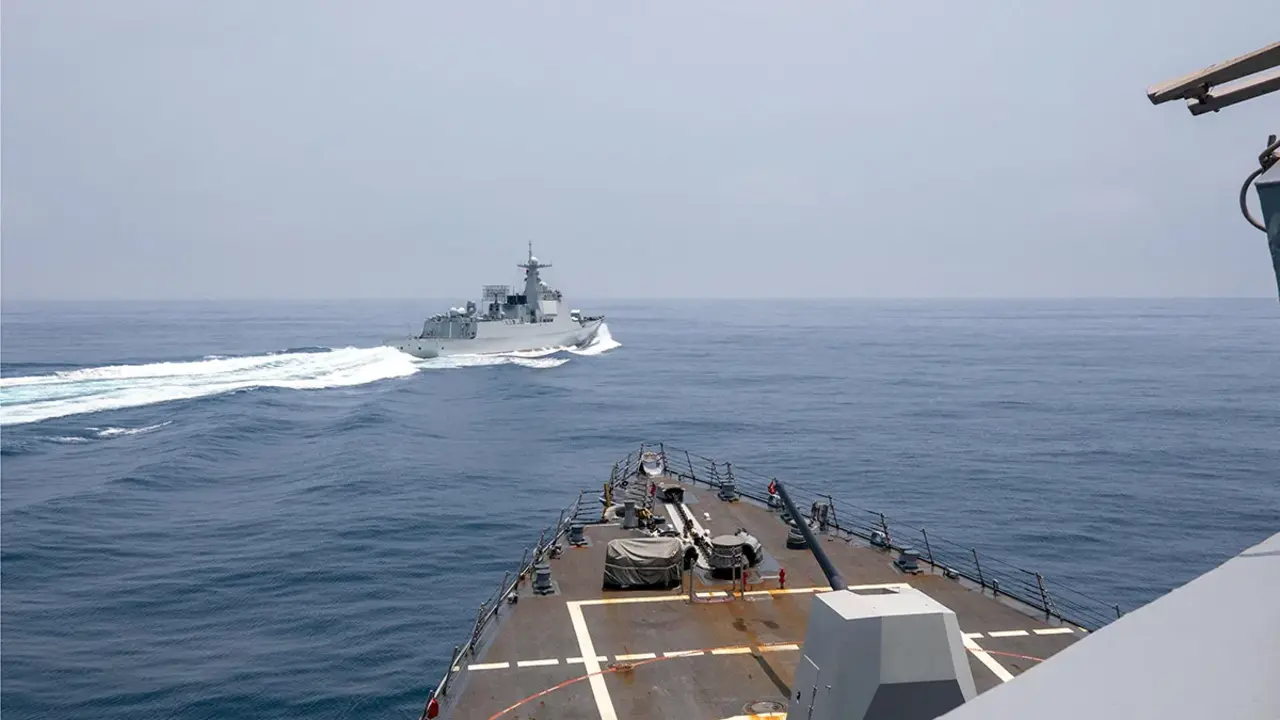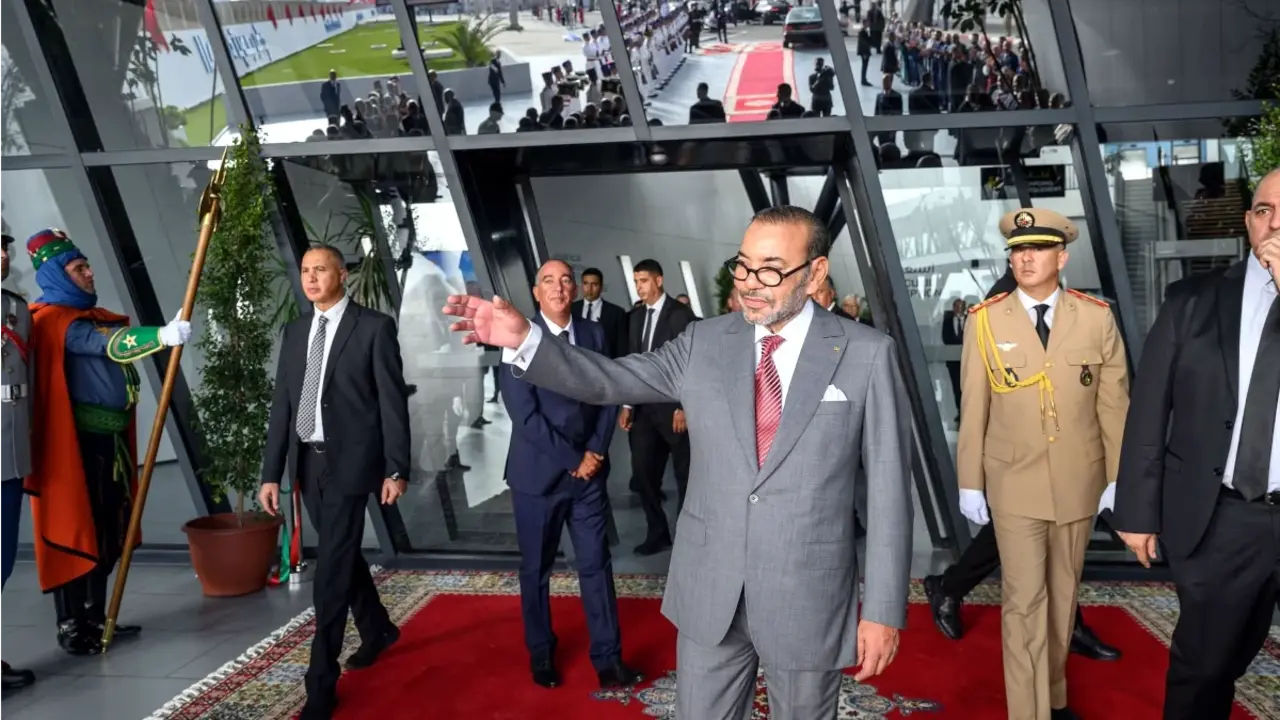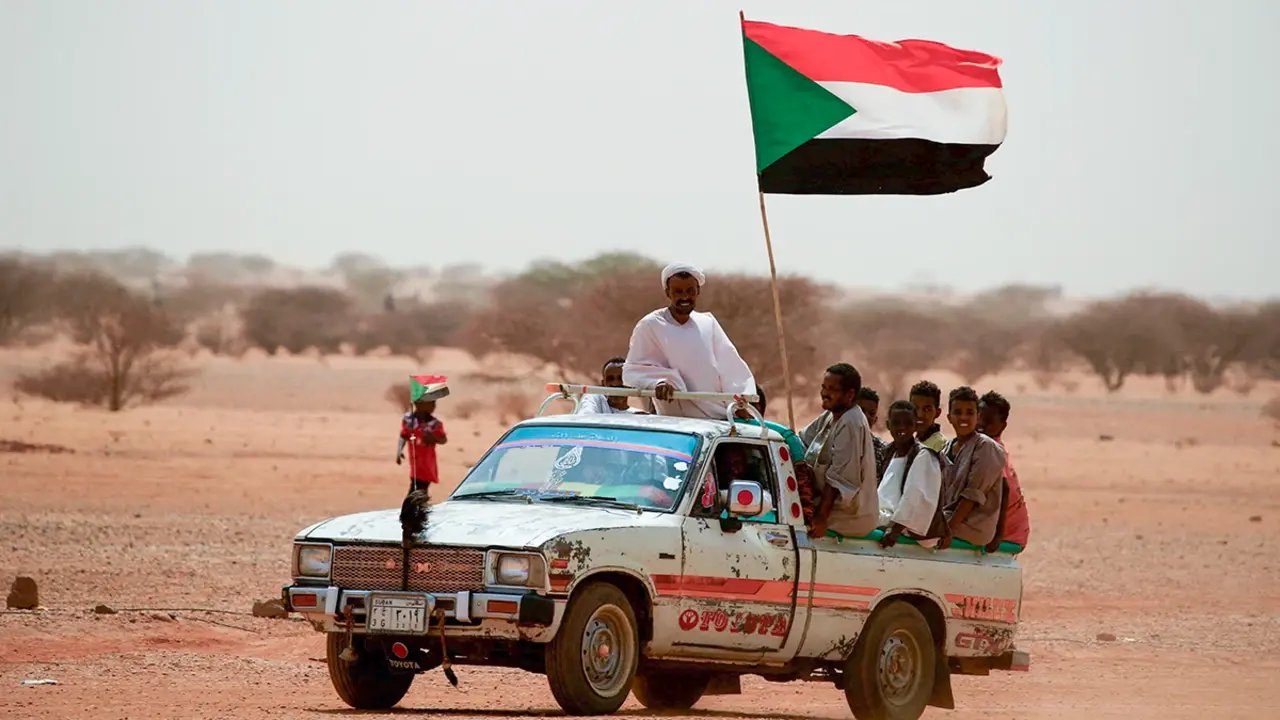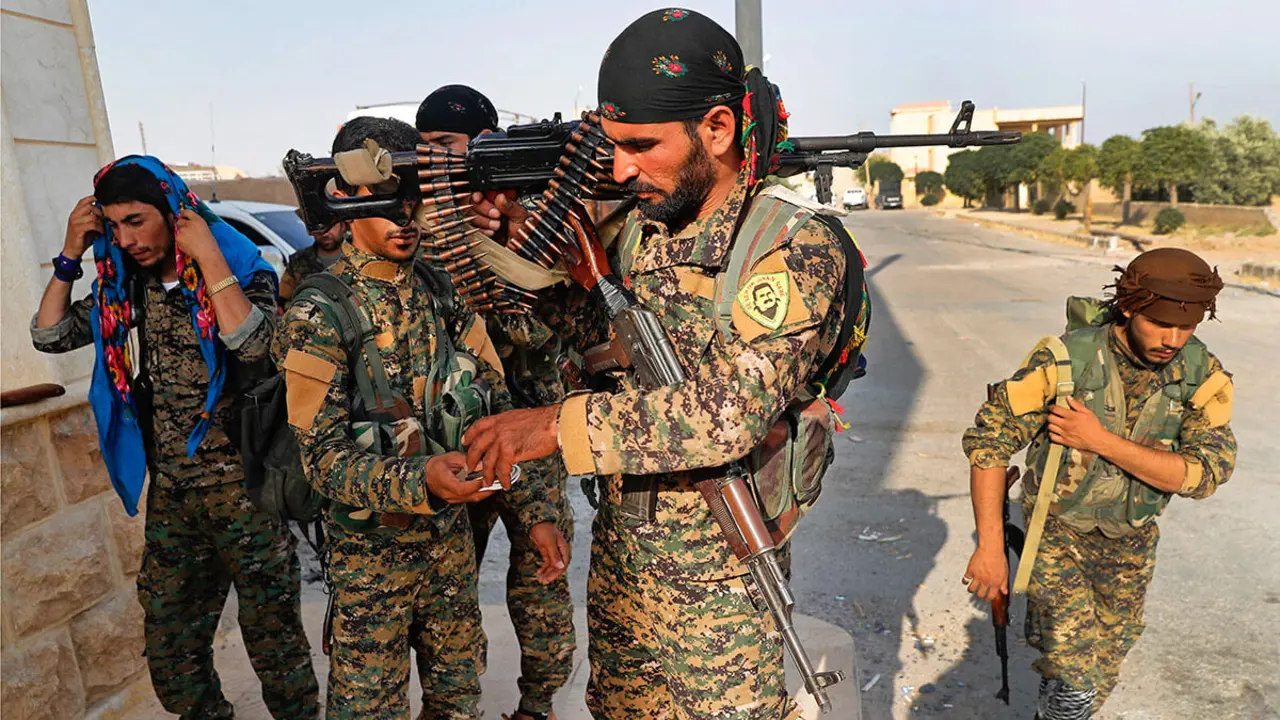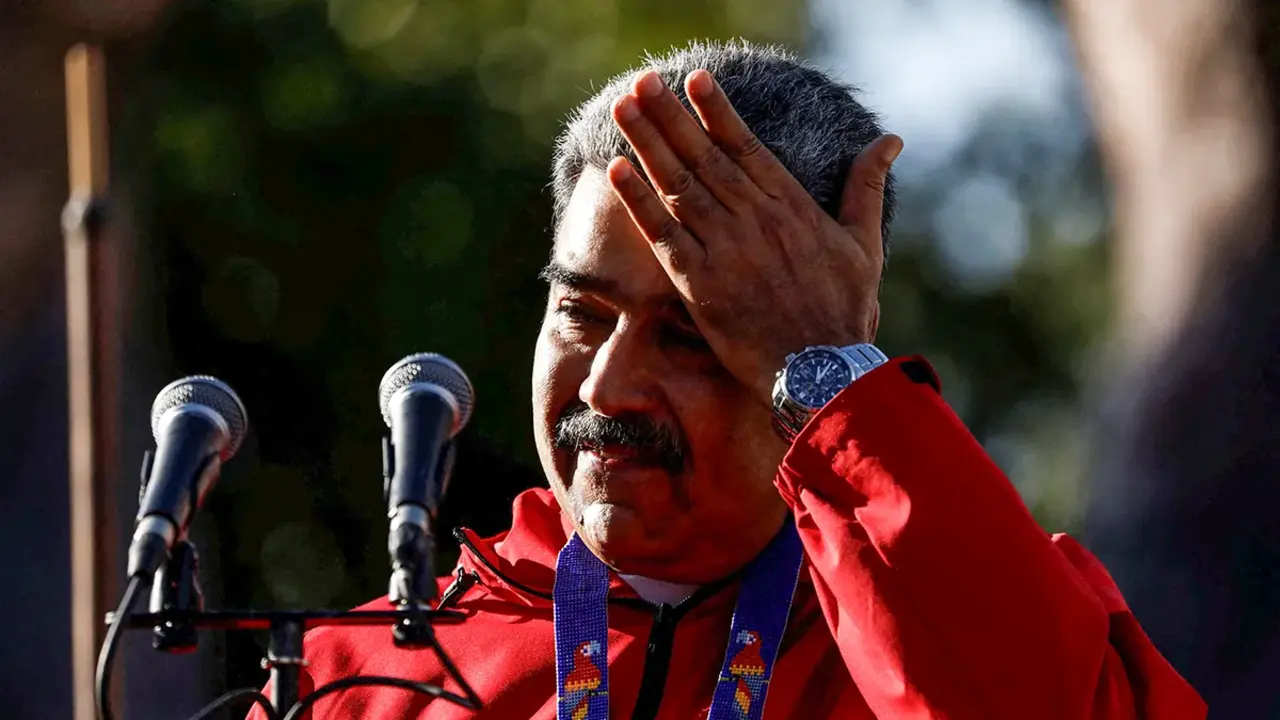The Syrian hornet's nest (II)
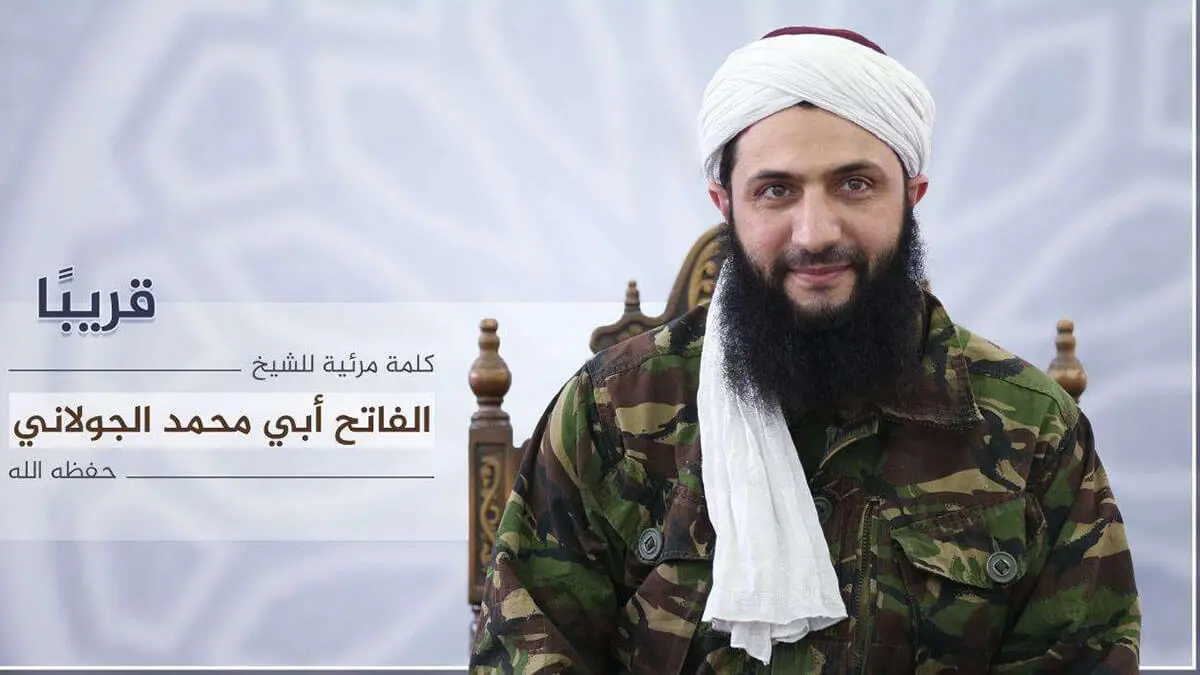
Over the past fortnight, Syria has been the scene of significant events that have changed both the dynamics and future of the country and the geopolitical balances in a region that has been key to the world, practically since the dawn of civilisation.
And it is necessary when, once again, after two intense weeks that have culminated in the fall of Bashar al-Assad's regime, the issue has dropped out of the news spotlight.
In the context of the Syrian civil war that has ravaged the country since 2011, after almost fourteen years of violence, in the last fortnight, an unexpected upsurge in action occurred in several key regions: Idlib, the last region largely controlled by opposition forces, especially Hay'at Tahrir al-Sham (HTS), was subjected to bombardment by Russian-backed government forces in the face of their unexpected and unusual advance. In the northeast, tensions between the Kurdish-led Syrian Democratic Forces (SDF) and Turkish troops increased and led to heavy clashes that resulted in severe mass displacement of civilians.
In Damascus and Aleppo, numerous airstrikes destroyed vital infrastructure that further deteriorated the humanitarian crisis situation. In this context, moreover, foreign powers with interests in the area, mainly Russia, the United States and Turkey, sided with the factions they support in an attempt to strengthen their position in the face of the more than foreseeable end.
One of the first consequences, overshadowed by other factors, of what has happened in Syria is the palpable deterioration of the humanitarian situation. And it should not be forgotten that this situation is probably one of the most serious on the planet, both in terms of its level and its duration. In this regard, the fighting in Idlib and the north-east has forced more than 50,000 people to flee their homes, many have moved to already overcrowded camps near the border with Turkey, where living conditions are extreme due to overcrowding and lack of resources, and the spiral of violence has severely affected food supply chains in several regions, even disrupting them in some areas.

According to the World Food Programme, more than 12 million Syrians are food insecure. Airstrikes have damaged hospitals, schools and drinking water networks, leaving thousands of people without access to essential services. This has increased the risk of disease outbreaks, especially among internally displaced people, which together with the other factors may serve as an indicator of a more than likely upcoming wave of migrants trying to leave the country for Europe, causing an even more serious situation than the one experienced in 2015.
The Syrian situation currently offers four main fronts that are in turn four major unknowns. And, depending on the evolution of each of these, we could be facing very different scenarios, but which have the common denominator of instability and a negative impact on Europe.
The first front is marked by Turkey's actions. It is no secret that Ankara has been delaying its much-announced intervention in northern Syria for at least a couple of years, for two reasons: the first is to fight Kurdish militias and eliminate what it sees as the sanctuary of Kurdish terrorist groups operating inside the country. The second is to seize control of a strip of land that it considers its own by right and which has traditionally been the subject of dispute between Ankara and Damascus.
The current chaotic situation and the weakness of the new Syrian ‘government’ have provided the perfect scenario for launching such an operation, and we can be sure that Turkey will not miss the opportunity. Although this puts the Ottoman country once again in a situation of confrontation with the United States, the main supporter and defender of the Kurdish militias, which have provided such an important service in the fight against Daesh.
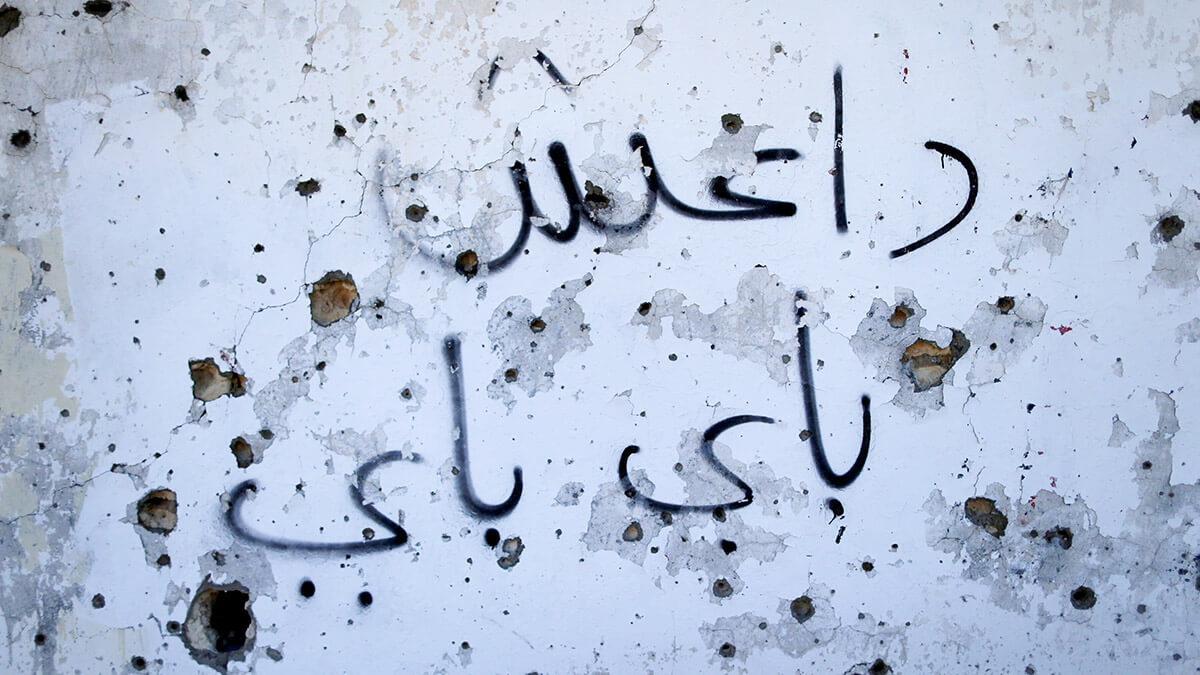
The second front is undoubtedly the position of the ‘winning’ group in the conflict and generator of the new Syrian government, the HTS. Despite the huge whitewashing operation carried out by the Western media and by its own leader, Abu Mohamed Al-Golani, through his statements, we cannot forget the group's roots, its links with jihadism and its status as a terrorist group. After what happened in Afghanistan, there is no reason to think that the new government will not gradually drift towards an Islamist state. Indeed, al Golani himself speaks of a country governed by a ‘moderate sharia’, a term that is not reassuring.
The third front is the Russian presence in the country. Russia has been operating the port of Tartus and the Latakia airbase for years. Both enclaves are crucial to the Kremlin's operations in Africa and especially in the Sahel region. The big question is whether Moscow will manage to maintain its position in both or whether, on the contrary, as many predict, it will lose them without any option of reaching an agreement that would allow them to remain. This seems very difficult indeed because of the direct involvement of Russian forces in sustaining the al Assad regime and their involvement in many of the regime's atrocities. What is really important is that Russia needs a foothold in the region, and we will have to keep an eye on its movements. Libya could be an option, which is not at all comforting.

The fourth front we refer to is the humanitarian situation already mentioned and the impossibility for Syria to move forward without help from third countries or entities. This brings us to a key question: who will be willing to cooperate with a government led by an organisation like HTS? At present, no one seems to be. And the direct consequence of this situation is none other than more instability and more possibilities of a drift towards a failed state where the civil war will be reactivated, further worsening the already impoverished reality of the civilian population, provoking new massive displacements that will affect Turkey and Europe.
At this crossroads, we cannot ignore the role of two actors, Israel and Iran. The former has become partially involved in the conflict by ensuring its own security. On the one hand, by occupying a strip of land in the Golan area, key to its protection, which had been totally abandoned and uncontrolled. There may be some who do not understand this Israeli move, but it is far from expansionist in intent and, after recent events, as we have repeated, Tel Aviv will not give the slightest leeway to any hostile group that might threaten its borders.
As far as Iran is concerned, its inaction in this conflict can be seen as a sign of weakness or as a position of prudence. It was surely more than obvious to Tehran that the days of its main regional ally were numbered, and it has preferred not to get involved in order to avoid a drain on both its military and image. In today's conflicts, the ‘kinetic’ part is as important as the cognitive part. And it was probably not the smartest thing to support a convicted dictator like al-Assad right now. And even more so when you are on the brink of new clashes with Israel at any moment.
The result of all that has been said so far is a situation of total uncertainty, where the chances of a peaceful and smooth resolution are the least likely, and where the only thing that seems inevitable is the aforementioned Turkish intervention in the north. How this situation is resolved may depend not only on Syria's immediate future, but also on how its consequences may affect us very directly. Once again, Europe needs to define its position and assert it at any cost. Otherwise, others will decide our future.


